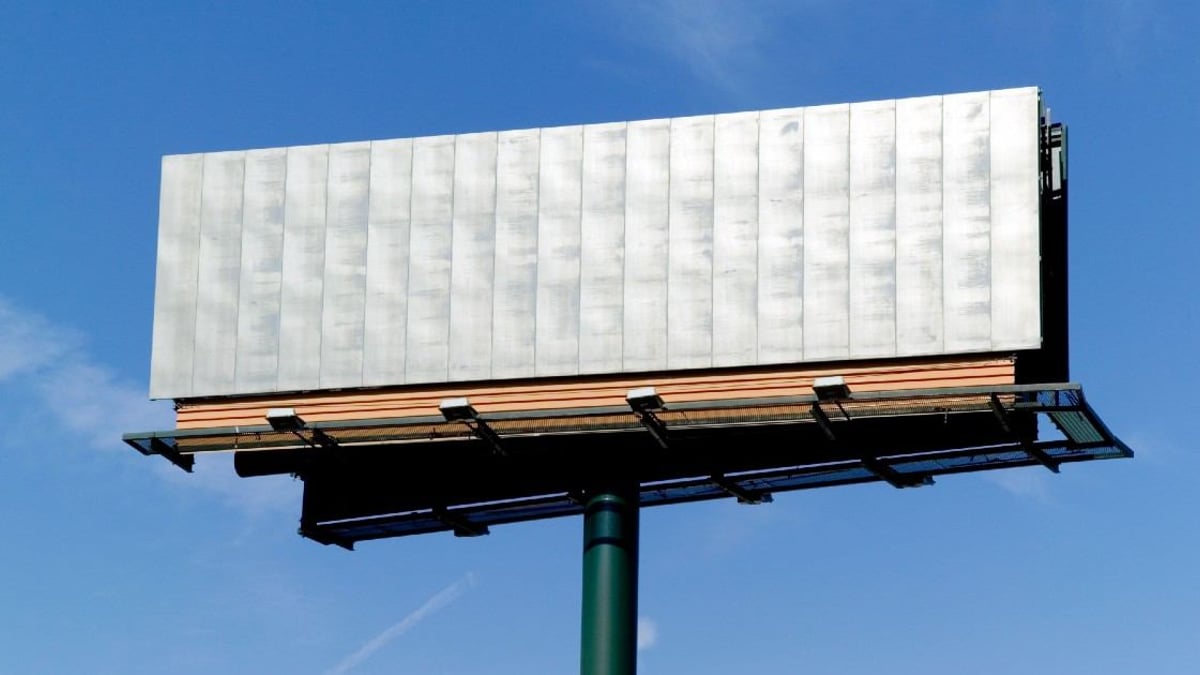The Sports Betting Advertising Crackdown Has Arrived

Responsible gambling is an umbrella term that covers everything from problem gambling research and funding to limit-setting and self-exclusion. One area that is coming under increasing scrutiny is advertising.
The industry’s opportunity to exercise restraint on this front is over. Its fate is now in the hands of lawmakers and regulators, who are becoming highly interested in the topic.
- Advertising restrictions have a more pronounced toehold in recent legislation.
- Regulators are expanding marketing restrictions and holding operators’ feet to the fire over transgressions.
- Congress is beginning to poke its nose into the conversation.
In a previous column, I pointed out how responsible gambling has become the pressing issue of 2023. Since then, several more instances have surfaced.
New Examples
In Minnesota, HF 2000 imposes several interesting advertising restrictions:
- It prohibits sports betting advertisements in taxis, for-hire vehicles, and public transportation hubs like bus stops and airports.
- Regulators are tasked with creating rules to limit the frequency of advertisements.
Ohio regulators skipped past the typical slap-on-the-wrist penalties, handing out multiple six-figure fines for various offenses.
Massachusetts regulators have already called out FanDuel (pre-launch) and Barstool Sports for advertising slip-ups. It will be a shock if the Massachusetts Gaming Commission’s punishments don’t meet or exceed the penalties handed out in Ohio.
Priority No. 1: Educating the Decision-Makers
It might be out of their hands, but the industry can still provide input. The key is to do so in good faith. Cranky executives telling lawmakers and regulators how every restriction will push customers offshore is proving less and less effective.
The industry will need to pick its battles because no matter what, it isn’t going to like the results. The goal shouldn’t be to win. Instead, the industry should be happy minimizing the damage and preventing states from implementing wholly ineffective policies.
Doing that will take a unified voice, as the entities calling for restrictions and prohibitions will be on the same page. Rather than drowning them out, the leading brands must share the stage with smaller operators to ensure a cohesive message.
Avoiding the Unnecessary and the Ineffective
Suppose it wants to avoid intervention-style phone calls, pop-up messages after every 10 bets, affiliate marketing bans, and other ineffective or harmful policies. In that case, the industry should do two things:
- Avoid arguing for perfect (in the eyes of the industry).
- Bring new ideas to the table.
It cannot simply take the con side of every policy discussion and hope to come out on the other side unscathed. The current situation is the result of that strategy.
The industry must wholeheartedly agree to good policy recommendations and offer alternatives to bad policies. The more it argues every point, the less authority its arguments will have on the issues that matter. A watered-down version of bad policy is still bad policy.
For example, the industry is opposed to limiting the advertising of bonuses and promotions. Instead of arguing against the policy, which would likely lead to a compromise neither side agrees with, it could say that a better approach is more transparency and less small print around these promotions.
Hurtling Toward Restrictions and Seven-Figure Fines
There is no sign that regulators will ease off the gas pedal. Seven-figure fines and restrictive policies are right around the corner.
Regulatory bodies nationwide aren’t unaware of what is happening in the Ohio sports betting market, Massachusetts, and Maine. Everyone will continue to bulk up their responsible gambling and advertising policies, and the baseline will be the strictest states.
That’s why the industry must draw lines in the sand right now. But not lines where they want them; they need to be unfriendly but acceptable to the industry.










